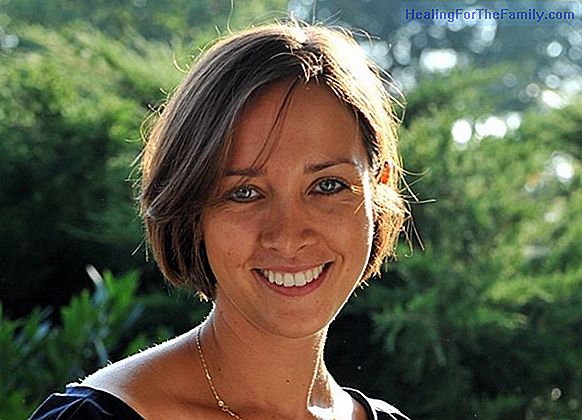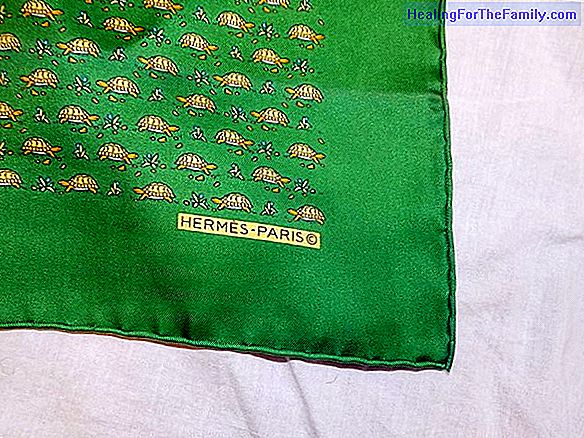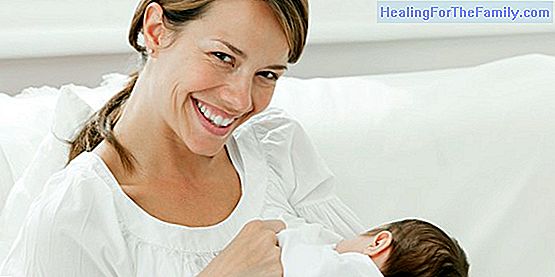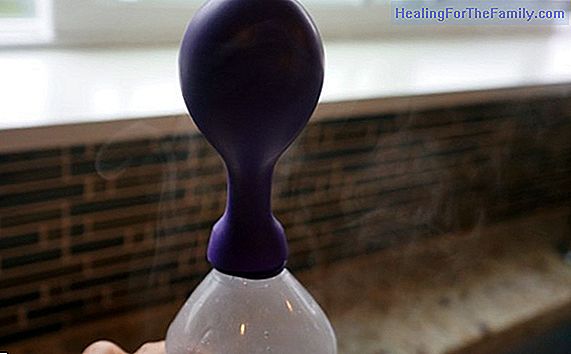What is the syndrome of the dethroned prince
The syndrome of the 'deposed prince' is characterized by the appearance of jealousy in a child before the birth of a new brother. When a new member in the family is born, the family structure goes through a moment of 'crisis' or change, in which functions and roles in the parents must be readjusted.
The syndrome of the 'deposed prince' is characterized by the appearance of jealousy in a child before the birth of a new brother. When a new member in the family is born, the family structure goes through a moment of 'crisis' or change, in which functions and roles in the parents must be readjusted.
These adjustments affect the stability of the child, who as of this moment does not have exclusivity in care and attention by the elderly.
Why jealousy appears at the arrival of the brother
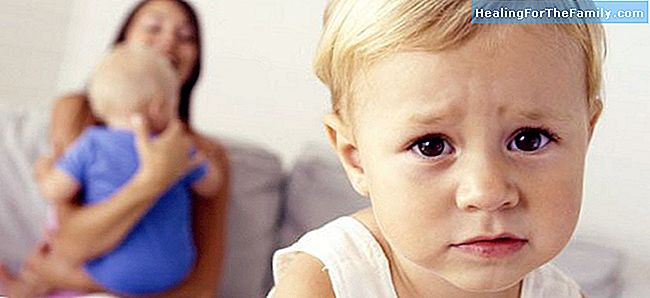
Thus, in the evolution of the family structure, it is natural that jealousy arises towards that person with whom they have to share what until now had been theirs alone. However, parents have to know how to manage the appearance of jealousy and that fear of feeling displaced or less loved.
It is necessary that, after a period of readjustment, family members return to occupy an important place in that structure and feel satisfied with that 'position' and the attention they receive. Otherwise, these symptoms, which initially are expected, can become chronic, increase in intensity or frequency or pose a trauma in the child's life.
Symptoms related to the 'dethroned prince' syndrome
Children at this time express their discomfort thus: Dese - Desiring to take up again the position of the child of the family: using a more childish voice, use of crying, tantrums, showing behaviors more dependent than I already had overcome (difficulty in toilet training, fears, problems to go to sleep or eat alone ...) In - Attempts to draw attention, claim the attention of adults in a more striking than they had done until now.
- Somatic symptoms: physical pain, complaints ...
- Decreased appetite or difficulties falling asleep.
- Increased aggressiveness, anger, restlessness ...
- Apathy or sadness, demotivation in tasks that previously interested him. Consejos 8 tips for parents with jealous children
Parents often feel overwhelmed when, in addition to the care that a newborn requires, the older one manifests behaviors or habits that seemed already acquired and overcome. For this reason, it is important that parents are prepared for these symptoms and know how to address them effectively:
1.- Anticipate these symptoms. Before the baby is born it is important to talk to the elder and explain what is going to happen. Not focusing only on the advantages (although they are also named), but explaining that even though a baby needs more care from the parents (you can show him with pictures the care that he received at this stage) he will not lose love and the attention of these, who will love you exactly as before.
2.- Dedicate when the brother is born alone with the eldest, to play, talk, show affection and attention, feel valued and loved.
3.- Avoid comparisons or competition between siblings.
4.- That this important change does not coincide (as far as possible) with other changes for the older one, such as change of school, home, routines ... 5.- Given the symptoms of jealousy, do not get angry or punish. -6.- Give space for him to express his discomfort through dialogue, drawings, the game ...7.- Reinforce the approximations of the greater to the small in forms of affection, care or play. Praise all these behaviors and take advantage of them to later do something together and alone. Even encourage the help of 'care' for the child, putting the pacifier, bringing the cream after the bath ...
8.- Ignore the attempts to act as a child of younger age and pay attention to it when it behaves as it should.
It is important that parents know how to help manage emotions in our children, so that the moments of change become opportunities to learn new strategies that will make them stronger and more competent tomorrow.
Lucía Boto Pérez
Psychologist
Centro de Psicología Álava Reyes




